How to Spot Bad Regulation of Alternative Medicine.
There are a number of differences between the practices of medicine and the pseudo-medicines, such as homeopathy, acupuncture and herbalism.
One of the most important is the practitioners attitude to a treatment’s safety and efficacy. Within the world of alternative medicine, efficacy and safety is axiomatic. That is, practitioners believe in the power of their treatments because it is doctrinal and not as a result of robust empirical and theoretical results.
In medicine, a new treatment, whether that be surgical, pharmaceutical or other, may start off as an idea: an insight, hypothesis or hunch. Evidence is gathered to see if that idea is correct or not. The plausibility of the treatment needs to be understood, albeit often far from perfectly, so that clinical experiments can be ethically justified. For example, new surgical treatments should be based on a sound understanding of anatomy and physiology. Effectiveness and safety is then established through a hierarchy of clinical trials. On going systematic surveillance is then used to spot rare and serious safety issues. It is not a perfect system and there are many high profile failings. Treatments have a capacity to harm as well as heal, and practitioners can be arrogant or negligent. But a growing regulatory framework exists around practitioners and medical products designed to protect the public.
These things are not true of alternative medicine. Indeed, some aspects of alt med are reminiscent of how medicine was before regulation starting pushing medicine into the evidence based world. Beliefs about the safety and efficacy of pseudo-medicines come from two sources: authority and revelation. In this way, alternative medicine beliefs are more akin with religious beliefs than scientific ones.
Homeopaths believe their sugar pills are effective because Hahnemann, the founder, declared a set of rules for universal healing. Being effective for a homeopath is a matter of selecting the right ‘remedy’ based on these rules. If a patient does not get better, it is not because homeopathy is nonsensical, it is because the homeopath did not chose the correct remedy. Safety is not established through long term, systematic monitoring of outcomes, but because homeopaths assert their practice is ‘holistic, natural and works in tune with the body’. Wider aspects of safety, beyond the sugar pill, are not considered. Homeopaths may assert that they have been “effective for 200 years”, but this is a statement of mere authority based on post hoc interpretations of their treatments – usually confusing the natural course of illness, regression to the mean, and selective reporting as effectiveness. Of course, high quality clinical trails fail to demonstrate clear effectiveness.
Acupuncturists also base claims of effectiveness on tradition – a tradition that stretches back meaningfully only a few decades – not thousands of years as claimed. Over the past 50 or 60 years, a lore of knowledge has built up on where mystical meridians lie on the body and how chi gets blocked. Effectiveness is about putting needles into the correct place in the body as described by various authorities. Again, various ad hoc excuses will be deployed if a treatment is not effective. There is indeed a huge body of clinical studies of acupuncture that declare effectiveness. However, systematic reviews show the extend of how misleading this research is. All results published in China are positive – as if researchers knew the result before the experiment. And of those studies, most use very poor controls. Studies that better control for artefacts suggest that acupuncture is nothing more than a theatrical placebo – a distraction therapy at best.
Herbalism has many traditions too. Individualised concoctions of herbs are common, where herbs are selected on the basis of authoritative rules based on pseudo-scientific ideas about how ‘hot’ or ‘cold’ a herb may be. Alternatively, zodiacal aspects might be considered. In all cases, the evidence base is not important. The internal philosophy of prescription are.
If evidence is forthcoming from trials, whether positive or negative, it is not used to inform practice within the pseudo-medical world. Negative evidence is dismissed as irrelevant (we know what works – we do not need ‘Western’ science to tell us) or produced by shadowy shills from pharma companies out to discredit techniques that threaten their profit. If the evidence appears positive, then it is used as propaganda and advertising material. No alternative therapy has ever been abandoned as a result of accumulated evidence. Evidence is a tool – a manipulatable resource to be ignored or seized for ends other than creating informed treatments.
Now, regulation of health care is subject to a number of principles. And the House of Lords, when considering the regulation of alternative medicines, made it quite clear that protecting the public depended on a number of simple questions:
“… we recommend that three important questions should be addressed in the following order . .
(1) does the treatment offer therapeutic benefits greater than placebo?
(2) is the treatment safe?
(3) how does it compare, in medical outcome and cost-effectiveness, with other forms of treatment?
However, this perfectly sensible approach is incompatible with how Alternative Medicine works and thinks, as we have seen. Any regulatory body with a meaningful approach to these questions will demand to see robust, large scale randomised controlled trials to support the case for a therapeutic benefit, before claims can be made. They will want to understand how the safety of the treatments are evaluated and monitored. But this is completely alien thinking to alternative medicine who do not understand such issues in terms of the rational and the scientific. Therefore, the mainstream approach to regulating health practices should be anathema to them.
There are several responses that pseudo-medical practitioners can make to this dilemma: firstly, they can seek alternatives to statutory regulation through voluntary or trade style regulation. We can see such practices occurring through the myriad of ‘professional regulators’ that exist in the alt med world. The government has also dabbled with setting up Ofquack (http://www.ofquack.org.uk) – the Complementary and Natural Healthcare Council. Voluntary regulation is just a fig leaf though, and completely fails to protect the public from the dangers posed by their members as the examples of the Society of Homeopaths and Ofquack show.
But the prize of statutory regulation is too great to ignore as it gives status, trade protection and access to state funds through University’s quackademic courses and referrals from the NHS.
The next approach to get around the evidence dilemma is to weaken the importance of evidence in regulation. The regulator could be asked to regulate a practice despite their being any evidence of it being a real medical therapy. The Health Professions Council shamefully appears to suggest that it is willing to do such a thing because regulation is still ‘in the public interest’. How the public can be protected when people are given a green light to make baseless healthcare claims is just not clear.
But most insidiously, the next tactic is to create a regulatory environment where the very concepts of evidence in medicine are undermined. This strategy is routinely employed by alternative medicine enthusiasts who claim that RCT evidence is not applicable to ‘holistic’ therapies (without ever explaining quite why) or that RCTs are themselves inherently unsuitable and other forms of ‘evidence’ are desirable.
We saw Professor George Lewith try this tactic today in a BBC report into a trial where placebo expectations had significant effects on perceived pain. He said,
It’s another piece of evidence that we get what we expect in life. It completely blows cold randomised clinical trials, which don’t take into account expectation.
This is absurd nonsense. As the blogger Majikthyse says on his blog,
Is not this study a “cold randomised clinical trial” its very self? This from a professor who is employed to run “cold randomised clinical trials”. To claim that one randomised controlled trial (RCT) in a single therapeutic area invalidates the entire discipline of clinical trials is bizarre and not remotely supported by the evidence. But this study simply doesn’t mitigate in the slightest way against RCTs, because it is an RCT. Sorry, but in case Lewith is reading this I have to make it crystal clear.
It looks a lot like bandwagon jumping to me.
Quite.
The new College of Medicine, the quackery promoting organisation that has arisen from the ashes of fraud of Prince Charles Foundation for Integrated Health is also very keen to muddy the water around medical evidence. The College intends to ‘commission a full-scale review on the nature of knowledge for clinical practice”. Given the objectives of the FIH and the people involved, there can be little doubt that this review will help undermine the very concepts of evidence that enable us to make informed choices about treatments and in doing so, let in all forms of quackery through the back door.
So, to answer my question I set in the title: how do we spot bad regulation of alternative medicine. Well, let me suggest the Quackometer rule of thumb on the issue. A basic tenet of regulating quackery: if the quacks are happy with the proposed regulation, then it will not be effective regulation capable of protecting the public from misleading claims, ineffective treatments and dangerous beliefs.
Any regulatory regime that is acceptable to the mode of thinking found in alt med must somehow avoid the obvious issue of answering the most critical question of how we know if the treatment works or not. Ineffective treatments are inherently harmful. Regulating ineffective pseudo-medical treatments gives false choices to patients and disenfranchises them from having appropriate informed consent about what is right form them. Such statutory regulation then becomes simply a matter of providing trade protectionism – state sanctioned statutory cartels of superstitious medical practices.
The regulatory cartels allow the quacks to create monopolies of control over what they do, protect themselves from external regulatory forces, such as Trading Standards, increase their status to that of other real health care providers and compete for the same public funds on an equal footing to meaningful and evidenced treatments.
This week has seen some examples of how alternative practitioners have been trying to influence government to provide favourable regulatory regimes.
As I reported in my last blog post, homeopaths are panicking that the medicines regulator is reconsidering how it gives licenses to homeopathic products, what claims can be made and what form of wording should be allowable on labels.
The MHRA made a serious mistake in 2006 by allowing homeopathic product manufacturers to make claims about effectiveness, not on the basis of evidence, but on the basis of tradition. As you might, guess the homeopaths were overjoyed about that. (It is suspected that Prince Charles was directly involved with lobbying the government to allow this.)
The MHRA are now considering that the labels should make it clear that claims are made on the basis of use “within the homeopathic tradition”. In their panic letter, they urge the MHRA to keep this wording as it “avoids the need to prove the science behind prescribing of remedies and allows us to practise as normal.” It is a damning statement.
The next insight this week comes from the government’s announcement of how it intends to regulate herbalists (and in the future, acupuncturists).
Health Minister, Andrew ‘La La’ Lansley, has not listened to medical profession about the dangers of providing statutory regulation for unproven and nonsensical treatment and has gone along with the herbalists and plumped for a list of “authorised healthcare professionals” that are allowed to prescribed unlicensed herbal products. This has saved the bacon for herbalists, as under new legislation coming in this Spring, only licensed herbal products can be sold to the public directly and unlicensed products require a person with appropriate authorisation to ‘prescribe’.
So, the government has used the platform of statutory regulation to ensure a quack trade survives what would have otherwise been a quick death. The plethora of High Street herbalists that have sprung up over the past decade, making outrageous claims for their dried plant material, will be protected by undermining the whole concept of having registered health professions.
There is no justification to be made here that suggests the public will be protected by this move. Indeed, it is a state sanctioned license to mislead and profit from people’s health concerns. (see Meddling Princes, Medical Regulation and Licenses to Kill)
The report on the consultation from the Department of Health [pdf]suggests that there was a consensus amongst the majority of responders that this was the right move. Of course, the majority of responders were desperate herbalists trying to cling onto their income. I expect that the usual mistake was being made of using that practitioners of alternative medicine are experts in the subject when the reverse is true (for reasons I spell out here: When the Regulator Believes in Fairies, Who Protects the Public?) The real experts in medical care and regulatory matter, the Academy of Royal Medical Colleges, were dismissed as a ‘minority’ voice in the summary – and indeed, views were published from the herbalists that such voices would be protecting their own interests. And again, the mistaken view that a well-trained quack is safe quack won the day when the exact opposite is the case: such people are thoroughly bought into their cults and made impervious to evidence and reason. (See my report on how homeopaths were taught to mislead their clients doctors’ about compleence with treatments for communicable diseases: Can We Trust Homeopaths to Accredit Their Own Training?)
So perfectly sensible legislation, designed to protect the public from herbal products whose safety and effectiveness cannot be demonstrated, has been undermined by the corruption of statutory regulation of medical professionals.
These mistakes are made, in part I am sure, because most people have a very inaccurate view of what alternative medicine is. In short, it is neither alternative nor medicine. Practitioners are members of pseudo-medical cults with beliefs about supernatural forms of medicine that are impervious to reason and evidence. The threat to the public comes rarely from the sugar pills, tiny needles, plant matter or back massage, but from the dangerous beliefs that run counter to well established medicine, their hatred of vaccinations and the way they undermine trust in medical professionals with absurd conspiracy theories and impugned motives.
So, in summary. If the homeopaths, herbalist and chiropractors are in favour of a form of regulation, it is almost certainly designed to protect them and not protect the public. What is required is not proteciton of title and registers, but better prosecution of people who make misleading claims. We already have good legislation under Trading Standards. It is time that these people were given the resources to do their job in this out of control sector.

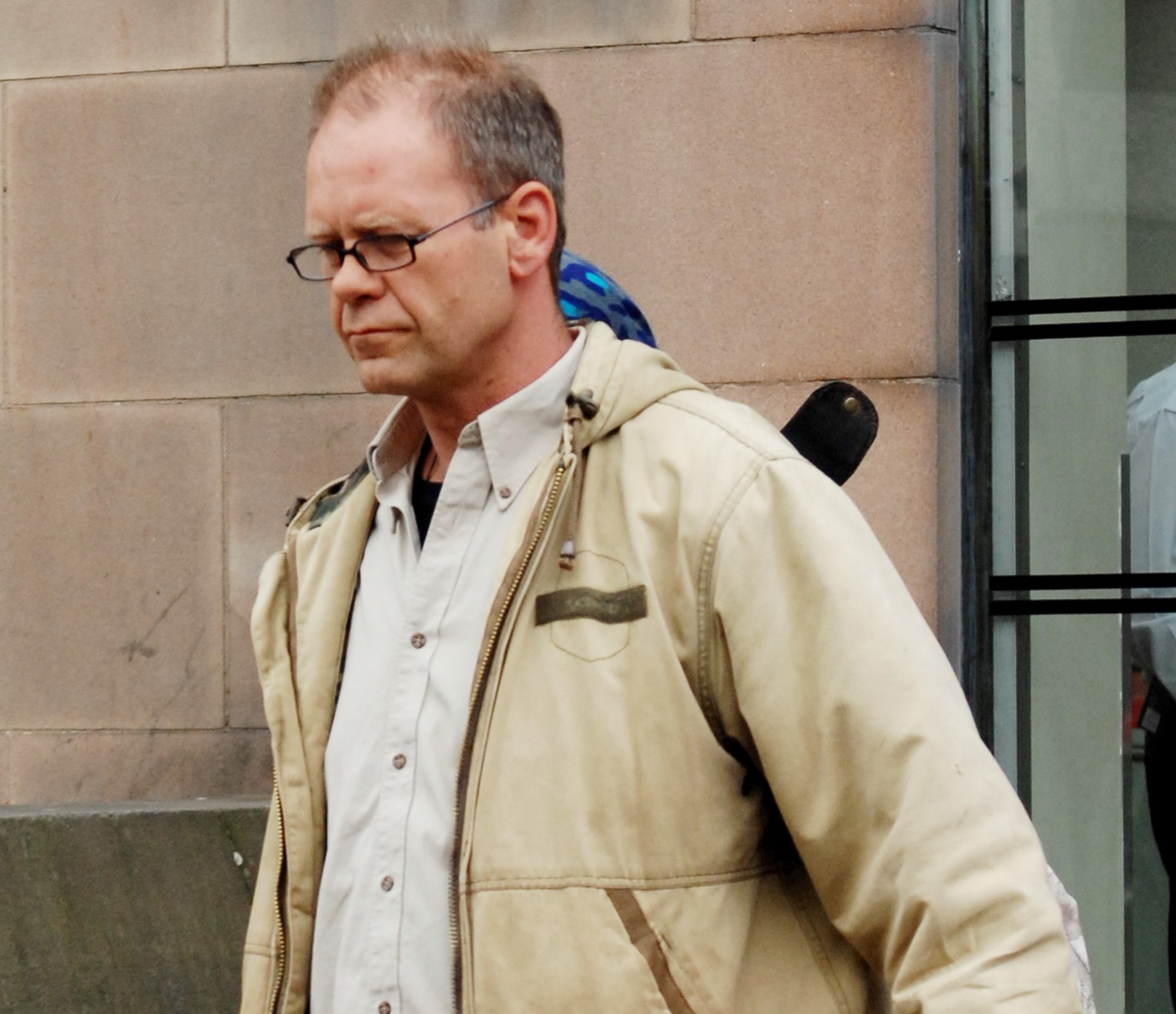
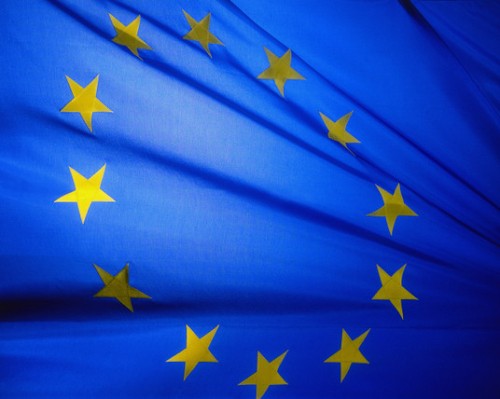
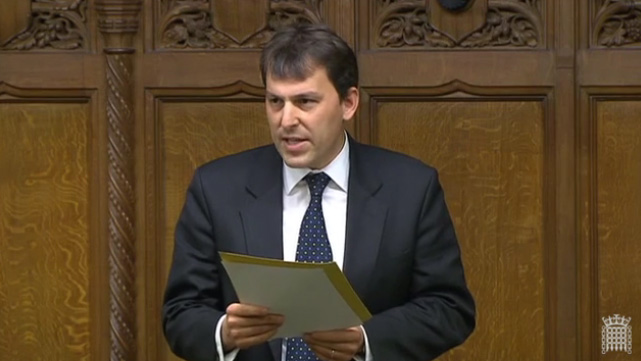
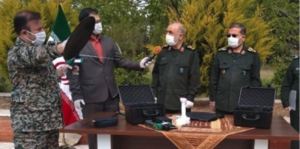
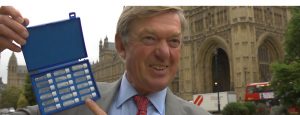
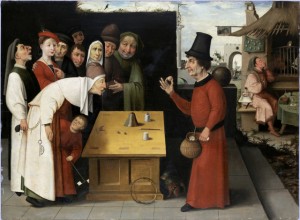


22 comments